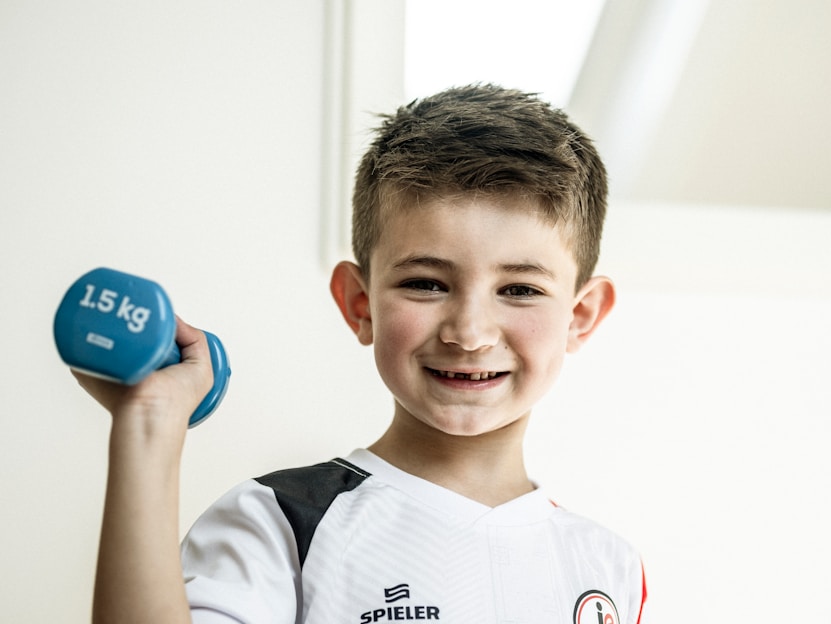
Anxiety is a common yet deeply personal experience. It can show up as racing thoughts, physical tension, constant worry, or even full-blown panic. While everyone feels anxious from time to time, chronic anxiety can interfere with daily life. The good news? There are proven strategies that can help.
Here’s some practical advice from therapists on how to manage anxiety more effectively:
Labeling your emotions—like saying “I’m feeling anxious right now”—can reduce their intensity. Acknowledging your state helps shift your mind from reacting to observing, which is the first step toward gaining control.
Anxiety often speeds up your breathing. Therapists recommend deep, slow breaths to calm your nervous system. Try this: inhale for 4 seconds, hold for 4, exhale for 6. Do it for a minute and notice the change.
Anxiety thrives in “what if” scenarios. Use grounding techniques to stay present. One common method is the 5-4-3-2-1 exercise:
Caffeine, sugar, and constant exposure to stressful news can fuel anxiety. Therapists often suggest reducing intake of these and setting boundaries around when and how you consume media.
Physical activity releases tension and boosts feel-good chemicals like serotonin. It doesn’t have to be intense—a 20-minute walk, stretching, or dancing in your room can make a noticeable difference.
Ask yourself: Is this thought true? Is it helpful? What’s the evidence for and against it? Cognitive-behavioral techniques like this help break the cycle of negative thinking.
You don’t have to handle anxiety alone. Whether through therapy, support groups, or talking with trusted people, sharing your feelings can be healing and empowering.